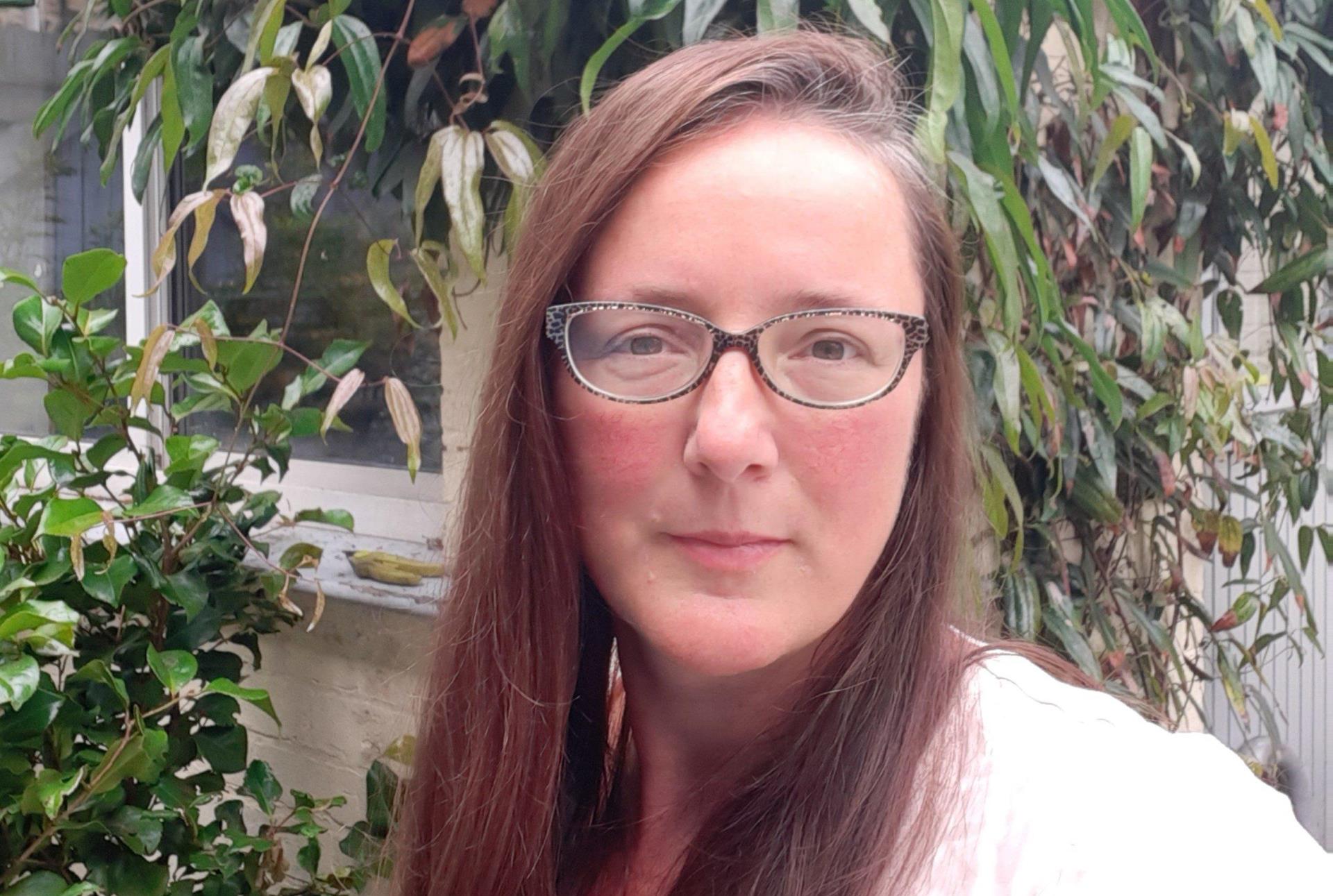Eating disorders among children and young people soared last year during the pandemic.
Health professionals reported an “unprecedented” rise in the number and severity of young people presenting with disorders such as anorexia nervosa and bulimia.
A report commissioned by the Scottish Government stated that eating disorders “thrive on isolation” and that services across the country had seen more referrals since the pandemic began.
The Scottish eating disorder services review has recommended emergency funding be provided for rapid expansion of services over the next 12 months.
Referrals up by 280%
According to the report, Child and Adolescent Mental Health Services had experienced “an unprecedented increase in the number and severity of children and young people presenting with eating disorders”.
Of seven health boards which provided data, the increase in referrals between 2019 and 2020 ranged from 33% to 280%. Two regional adolescent inpatient units reported paediatric admissions had almost tripled, reflecting the severity of cases when help was sought.
Huge increases in cases reported by paediatricians has previously been put down to the effects of the pandemic on young people’s lives by the Royal College of Paediatrics and Child Health.
Isolation, cancelled exams, social media
Isolation from peers during school closures, cancelled exams, increased use of social media and exposure to unrealistic ideas of body image, as well as family money worries, bereavement and fears of contracting coronavirus have contributed, it believes.
Eating disorder charity Beat runs a youth helpline and said demand for its services had almost quadrupled.
Welcoming the review, external affairs director Tom Quinn said: “In the wake of the pandemic, support for those affected by eating disorders has never been more needed and we have seen demand for our own services in Scotland rise by 283%.
In the wake of the pandemic, support for those affected by eating disorders has never been more needed.”
Tom Quinn, eating disorder charity Beat
“It is crucial that those affected by eating disorders receive rapid treatment, tailored to their individual needs, as this gives them the very best chance of making a full recovery.
“It is also important that families and carers are equipped to support their loved ones during their recovery.
“We would also expect the new measures to be supported by adequate funding to ensure prompt and thorough implementation, with improved services accessible across the whole of Scotland.”
Parents group UsForThem Scotland, which campaigned for schools to remain open, said “unbelievable harm” was being caused to an entire generation.
Organiser Jo Bisset said: “This report makes for harrowing reading and shows once again just how badly young people are suffering through lockdown.
“They are isolated, missing out on vital social experiences and being hung out to dry by decision-makers.
“Schools staying open as normal throughout lockdown may not have solved everything, but it would have at least allowed young people to retain a largely normal life.
“Instead they’ve been locked up at home and left to suffer.”
Schools staying open as normal throughout lockdown may not have solved everything, but it would have at least allowed young people to retain a largely normal life.”
Jo Bisset, UsForThem Scotland
The Scottish Government said it would take forward all 15 recommendations made by the review, which also include providing self-help packages, peer support networks and emotional and practical support for families and carers.
Mental Health Minister Clare Haughey said: “We know the Covid-19 pandemic has had a substantial impact on the mental health of the population, including those with diagnosed and undiagnosed eating disorders.
“This is why during the early stages of the pandemic we provided Beat, the UK’s eating disorder charity, with funding to ensure that their online and telephone services were able to support as many people as possible during this difficult time.
“The national review of eating disorder services was a crucial first step in a phased programme of work to improve outcomes for people living with an eating disorder in Scotland, to help them recover and maintain healthy and productive lives.”
Eating disorders are potential fatal and serious mental illnesses which affect people of all ages and gender.
According to Beat, however, they are most likely to develop in girls and young women aged 12 to 20.
People with eating disorders, it said, use their eating behaviours as a way to cope with difficult situations and feelings, possibly by limiting what they eat or eating large quantities then vomiting.
Eating disorders are not all about food itself, but about feelings.”
Beat, the eating disorder charity
Beat stresses: “It’s important to remember that eating disorders are not all about food itself, but about feelings.
“The way the person treats food may make them feel more able to cope, or may make them feel in control, though they might not be aware of the purpose this behaviour is serving”.
Types of eating disorder include:
- anorexia nervosa;
- ARFID (avoidant/restrictive food intake disorder);
- binge eating disorder;
- bulimia;
- OSFED (other specified feeding or eating disorder).
Beat has a youth helpline which can be reached on 0808 801 0711 and a one-to-one online chat service.

